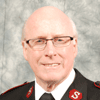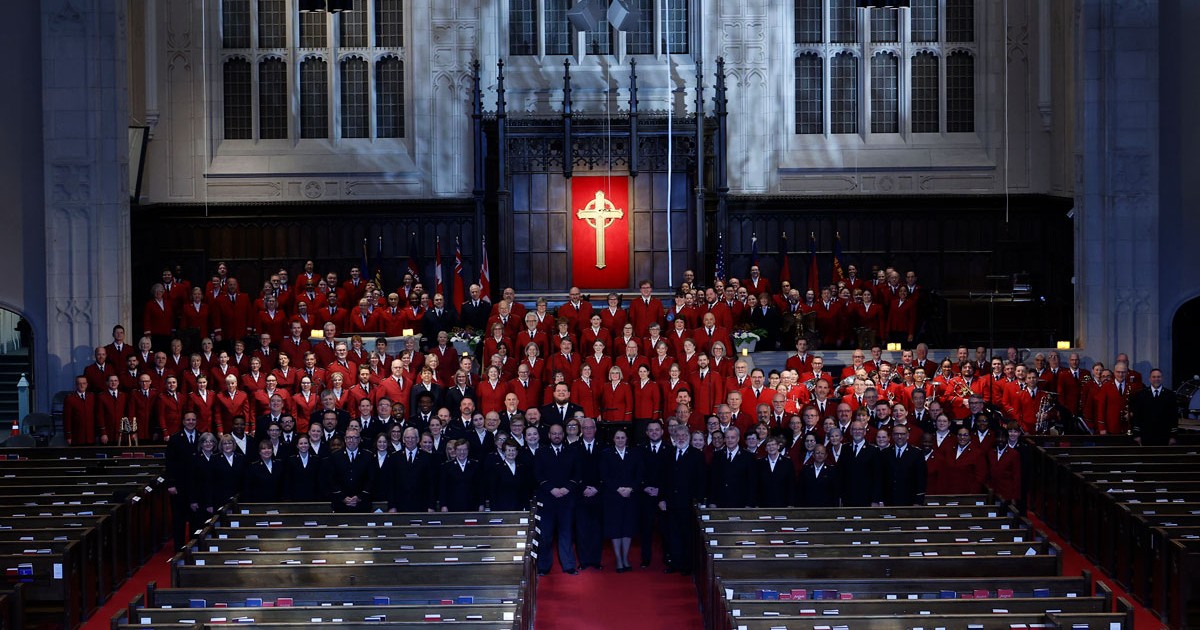 When they heard Jesus' words, all “were filled with rage” (Luke 4:28). At first the crowd in the synagogue “spoke well of Jesus and were amazed at the gracious words that came from his mouth.” But the applause had barely died down when the same crowd was outraged. What happened? What turned supportive listeners into an angry mob? If it was nothing Jesus did, it must have been something he said.
When they heard Jesus' words, all “were filled with rage” (Luke 4:28). At first the crowd in the synagogue “spoke well of Jesus and were amazed at the gracious words that came from his mouth.” But the applause had barely died down when the same crowd was outraged. What happened? What turned supportive listeners into an angry mob? If it was nothing Jesus did, it must have been something he said.
Luke's Gospel begins the public ministry of Jesus with this story (see Luke 4:16-30). As was his custom, Jesus went to his hometown synagogue on the Sabbath and read from the 61st chapter of Isaiah. To paraphrase, “The Spirit of the Lord has anointed me to bring good news to those damaged by poverty; the Spirit of the Lord has sent me to release those held in bondage, whether social or spiritual; the Spirit of the Lord has sent me to bring sight to those unable to see and those unwilling to see; the Spirit of the Lord has sent me to proclaim the Year of Jubilee, to make the playing field level again.” After a few lines, Jesus sat down and said: “Today this Scripture has been fulfilled in your hearing.” The implication is clear: Isaiah's prophetic vision will provide a map for the ministry of Jesus.
Joseph's Son?
The response was immediate and warm: all spoke well of Jesus and his “gracious words” (v 22). Then his listeners asked, “Is not this Joseph's son?” Jesus sensed danger in the question. In the culture of the day, Jesus would be particularly obligated to his hometown of Nazareth. It's a little like saying, “Sidney Crosby is from Cole Harbour, N.S., so he needs to bring the Stanley Cup to us and not to the sick kids in Toronto; we're his hometown.” Or, “The prime minister is from the Prairies; he needs to take care of the West with the stimulus package before any other part of the country.” Hometowns have expectations.
“The Spirit of the Lord has sent me to carry out these tasks, but to carry them out for all people”
Jesus heard their question and understood its agenda. But he refused to follow its script. Drawing on Israel's story, he pointed to the need for a broader ministry: during Elijah's ministry there was a severe famine, but that prophet was sent to a Gentile widow; and during Elisha's time there were many lepers in Israel, but he brought healing to a Syrian military commander. In other words, Jesus was saying, “The Spirit of the Lord has sent me to carry out these tasks, but to carry them out for all people, without respect to hometown loyalties.”
The words jarred. They were not what the good people of Nazareth wanted to hear. They had difficulty thinking of their son contributing to the welfare of Capernaum, let alone to men and women outside the covenant of Israel. The words of Jesus jolted them and they reacted with anger. In their view, grace had its loyalties and preferred recipients.
Limitless Grace
Luke's Gospel narrates Jesus' ministry of grace. In fact, he responded to a synagogue leader's request to heal his 12-year-old daughter. But he also responded to a request from a Roman centurion. And he made despised Samaritans heroes in his parables, for, as the hymn says, “His love has no limits, his grace has no measure, his power no boundary known unto men” (SASB 579). That's the way grace speaks and works. It doesn't play favourites.
The Salvation Army's second General negotiated the tensions of grace. At the outbreak of the First World War, Bramwell Booth was conscious of the Army's internationalism, noting: “Every land is my fatherland, for all lands are my Father's.” He encouraged the deployment of Salvationists to drive ambulances for British troops; he also encouraged the visitation of German prisoners of war in Switzerland. His practice of grace evoked opposition in his homeland. But his practice of grace held the Army's international world together.
A ministry of grace refuses to be defined by neighbourhood loyalties. Words of grace take us beyond the claims of cultural expectations. Such words can jar us.
 Major Ray Harris is a retired Salvation Army officer. He enjoys watching Corner Gas reruns and running in Winnipeg's Assiniboine Park.
Major Ray Harris is a retired Salvation Army officer. He enjoys watching Corner Gas reruns and running in Winnipeg's Assiniboine Park.









Leave a Comment